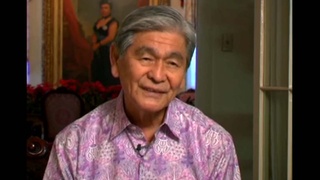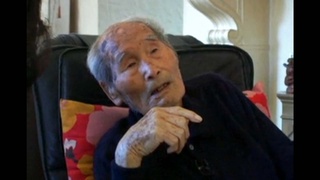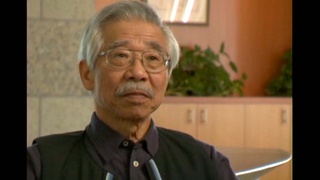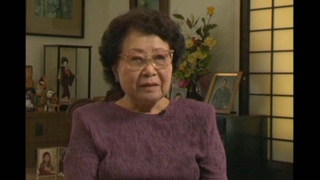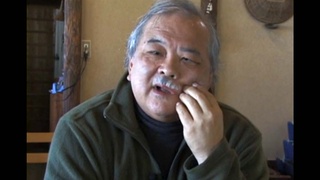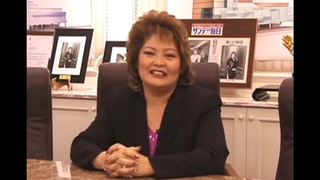Entrevistas
Explore More Videos

Noticias del sitio
APOYE EL PROYECTO


La campaña 20 por los 20 de Descubra a los Nikkei celebra nuestros primeros 20 años y comienza los próximo 20. ¡Aprenda más y done!
COMPARTE TUS RECUERDOS


Estamos recopilando las reflexiones de nuestra comunidad sobre los primeros 20 años de Descubra a los Nikkei. ¡Consulta el tema de este mes y envíanos tu respuesta!
ACTUALIZACIONES DEL PROYECTO


Nuevo diseño del sitio
Mira los nuevos y emocionantes cambios de Descubra a los Nikkei. ¡Entérate qué es lo nuevo y qué es lo que se viene pronto!
Mira los nuevos y emocionantes cambios de Descubra a los Nikkei. ¡Entérate qué es lo nuevo y qué es lo que se viene pronto!

